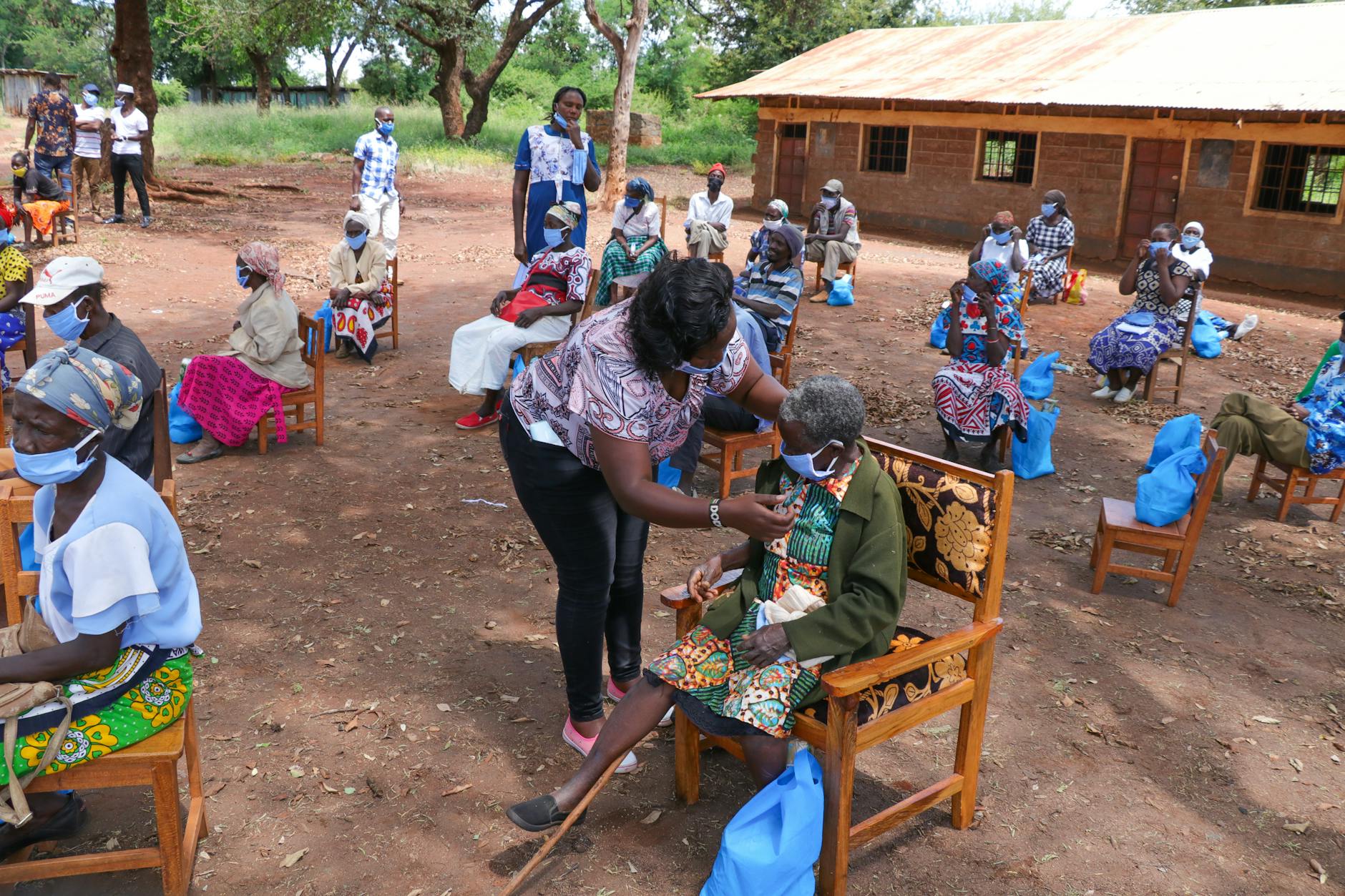The online journal “Globalization and Health” has produced an article called “Health in the Sustainable Development Goals: Ready for a Paradigm shift?” Current goals include reduction in infant and neonatal mortality and other important health markers. The newly suggested UN sustainable development goals would focus more on leadership development for intersectorial collaboration, prevention, and enhancing civic engagement (see abstract below and online article here).
It is an ongoing challenge (and paradigm shift) for us medical people to embrace the kind of leadership which will move us from a more strictly medical and scientific model to one which is more wholistic and involves relational, behavioral, emotional and spiritual aspects of health and healthcare. It is an ambitious but important challenge.
Christian medical and healthcare mission efforts have provided a good proportion of health services in resource poor settings. While they don’t need to compete with government services, these mission efforts can complement and partner with them – and often do. They can and should provide opportunities to explore and collaborate for the kinds of leadership we need to tackle the huge issues being addressed by these new sustainable development goals. [I’m speaking of Christian missionary efforts which are developed over the long run with cultural sensitivity and local leadership.] For example, new and creative approaches to prevention, healthcare and leadership come out of these efforts; I have seen a number of instances where governments then have been able to scale up these smaller efforts. It’s a worthy challenge.
Abstract
The Millennium Development Goals (MDGs) galvanized attention, resources and accountability on a small number of health concerns of low- and middle-income countries with unprecedented results. The international community is presently developing a set of Sustainable Development Goals as the successor framework to the MDGs. This review examines the evidence base for the current health-related proposals in relation to disease burden and the technical and political feasibility of interventions to achieve the targets. In contrast to the MDGs, the proposed health agenda aspires to be universally applicable to all countries and is appropriately broad in encompassing both communicable and non-communicable diseases as well as emerging burdens from, among other things, road traffic accidents and pollution.
We argue that success in realizing the agenda requires a paradigm shift in the way we address global health to surmount five challenges: 1) ensuring leadership for intersectoral coherence and coordination on the structural (including social, economic, political and legal) drivers of health; 2) shifting the focus from treatment to prevention through locally-led, politically-smart approaches to a far broader agenda; 3) identifying effective means to tackle the commercial determinants of ill-health; 4) further integrating rights-based approaches; and 5) enhancing civic engagement and ensuring accountability. We are concerned that neither the international community nor the global health community truly appreciates the extent of the shift required to implement this health agenda which is a critical determinant of sustainable development.


Leave a Reply